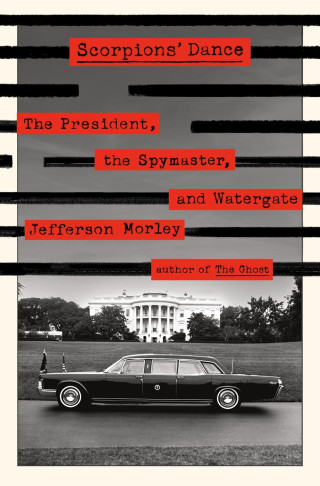The break-in’s fiftieth anniversary marks a new occasion for taking stock. Alongside a fiftieth anniversary edition of Bob Woodward (no relation) and Carl Bernstein’s canonical account of the investigation at the Washington Post, Washington journalists Garrett M. Graff and Jefferson Morley each published their own updated investigations into the presidential entanglements of the early 1970s this year. Yet to the disappointed eye of the trained historian there is no semblance of a synthesis on the horizon: the basic contours of interpretation remain those set during the spectacle itself, in the Senate hearings and their exclusions. If there is debate about the subject of these books, it will unfold on those vintage terms of 1973 and 1974—the pliability of patriotic fervor and its tendency towards fascism; the roles of fear and vanity in political leadership; the importance of the CIA and its exact role in the burglary and the cover-up. In its narrow focus on process—the motions by which the 37th President violated civil liberties, extorted donors, lied to Congress, and obstructed justice—Watergate’s prevailing interpretation also invites an easy analytic leap to Donald Trump. The neat portability of this historical analogy obscures not only the historical significance of the Nixon helmsmanship at a critical moment of capitalist transformation, but our own understanding of economic interests today and their relationship to modern party politics. Woodward and Bernstein give this reductive interpretation of the present their own authorial imprimatur: “Both Nixon and Trump have been willing prisoners of their compulsions, to dominate, and to gain and hold political power through virtually any means.”
Yet the burglaries were never the story. Control of the executive branch remained critical at a moment of global shift: détente, the end of the gold-dollar standard, the rise of government economic planning across the global south and its threat to corporate autonomy at home, and the challenge to the material basis of organized labor’s power in the old manufacturing industries of the US Northeast and Midwest. The money from Nixon’s election campaigns that paid for the Plumbers was, after all, donated by blue-chip corporations, intent on ensuring their man remained at the wheel to steer the nation through the moment’s economic dislocations and the ascendant social pressures to transform the American welfare state into something more capable of ensuring stability on popular terms. For all this, the Democrats’ media spectacle failed to alter the course of economic development or fundamentally challenge the emerging social order—a historic failure for which the ablutions of impeachment hearings have never quite absolved American democracy.

